Good foot health is essential for everyone, but in today's fast-paced world, we often neglect our feet, which can become sore, uncomfortable, and even painful. Poor foot health can lead to a host of physical problems, such as pain in the feet, back, and legs, poor posture, and even difficulty walking. If you are looking for ways to improve foot health and relaxation, this article will help you promote foot health by giving you some advice on healthy eating, and home remedies, please read on.
Key Nutrients for Foot Health
- Calcium
Calcium is important for healthy bones and can help maintain correct bone structure and prevent injury. You can supplement this element with some calcium-rich foods, such as milk, yogurt, and cheese, as well as broccoli, sardines, and salmon.
- Vitamin C
Vitamin C helps form the collagen that holds together your foot's connective tissues, including tendons and ligaments. It also helps reduce inflammation and keeps feet flexible. Foods rich in vitamin C include citrus fruits, red peppers, broccoli, and strawberries.
- Magnesium
Magnesium helps to relax muscles and reduce cramping and tension in the feet. It can also help the body absorb calcium more efficiently and reduce inflammation. Eat natural sources of magnesium (spinach, avocado, almonds, and beans).
- Zinc
Zinc is another important nutrient for the feet. It helps repair and build healthy skin cells and helps to strengthen the bones in the feet. Some great sources of zinc include pumpkin seeds, oysters, dark chocolate, and cashews.
- Omega-3 fatty acids
Omega-3s help reduce inflammation in the body, which can help reduce foot pain and improve joint health. Representative foods include salmon, flaxseed, walnuts, and chia seeds.
Knowing what key nutrients to provide your feet is an important part of making sure you maintain proper nutrition and boost your foot health. In addition to the important elements listed above, other elements also play an important role in foot health, including vitamin D, vitamin E, iron, and Biotin.

Dietary Red Flags for Foot Health
- Refined Sugar: Too much sugar can exacerbate existing issues like tendonitis and bursitis, or even slow down your body's natural healing process.
- Alcohol: Drinking too much alcohol can decrease your immunity, putting your feet at risk of developing an infection. Furthermore, alcohol increases your risk of developing gout, which is a form of arthritis that leads to foot pain.
- Foods high in sodium: Too much sodium can cause the body to retain water, leading to swollen, tired feet.
- Too much caffeine: Overconsumption of caffeine can cause dehydration, leading to dry and brittle feet.
- Trans fats: They can lead to inflammation, prevent proper circulation to the feet, and can further contribute to existing foot problems.
Knowing which dietary red flags to watch out for is essential for keeping your feet in top condition. So the next time when you want to eat these foods, think again about how it may be affecting your feet’s well-being.
- Wear the Right Shoes
- Massage Your Feet
- Stretch Your Feet
- Soak
- Take Care of Your Foot Daily
Final Thoughts
Improving foot health and relaxation is not difficult. Following the suggestions outlined above should help you to relax and feel comfortable. Additionally, speaking to your doctor is always a great idea, as they'll be able to give you personalized advice and provide additional treatment options if necessary.



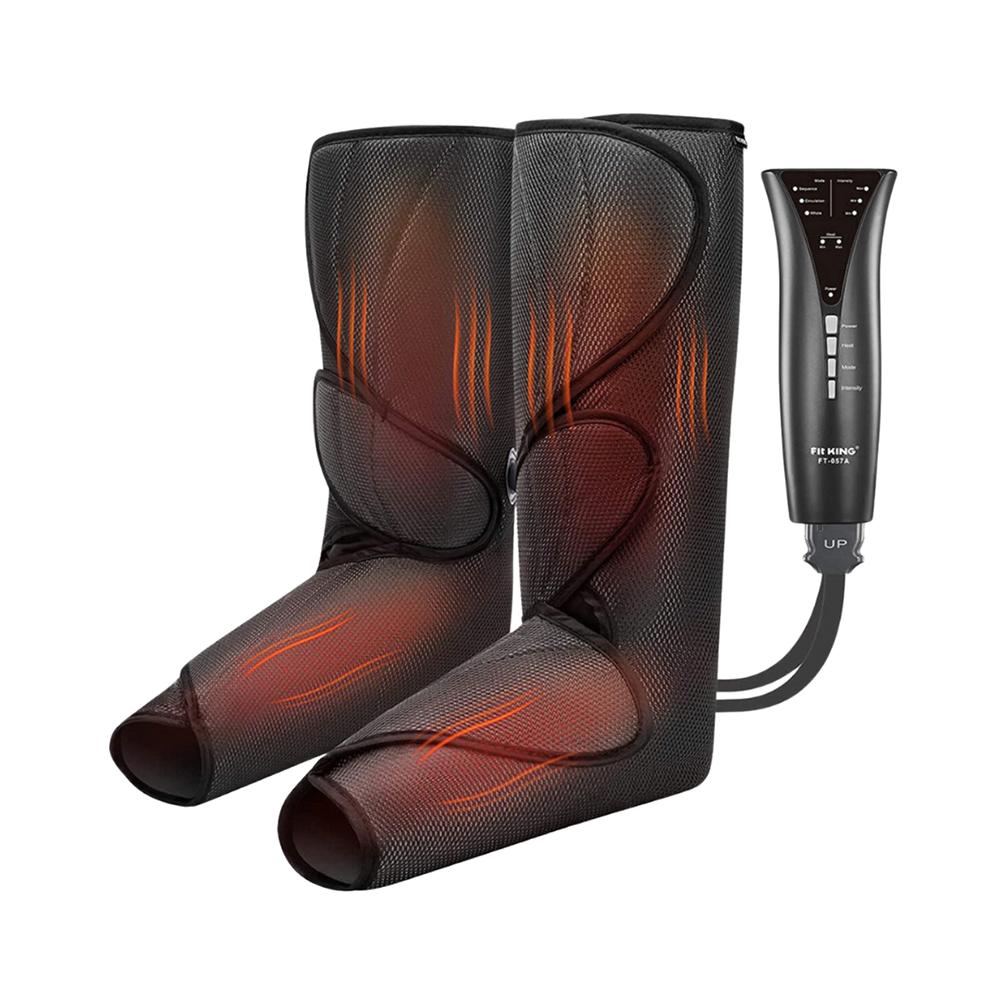
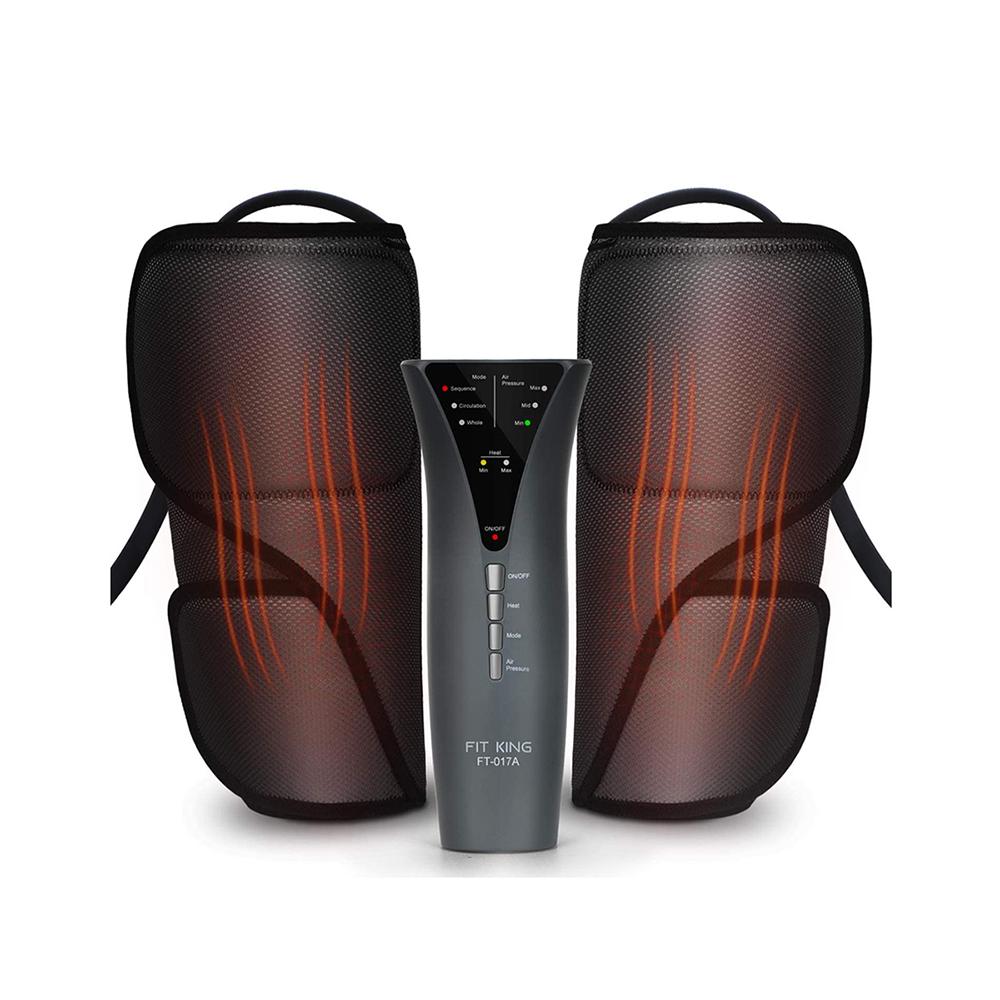
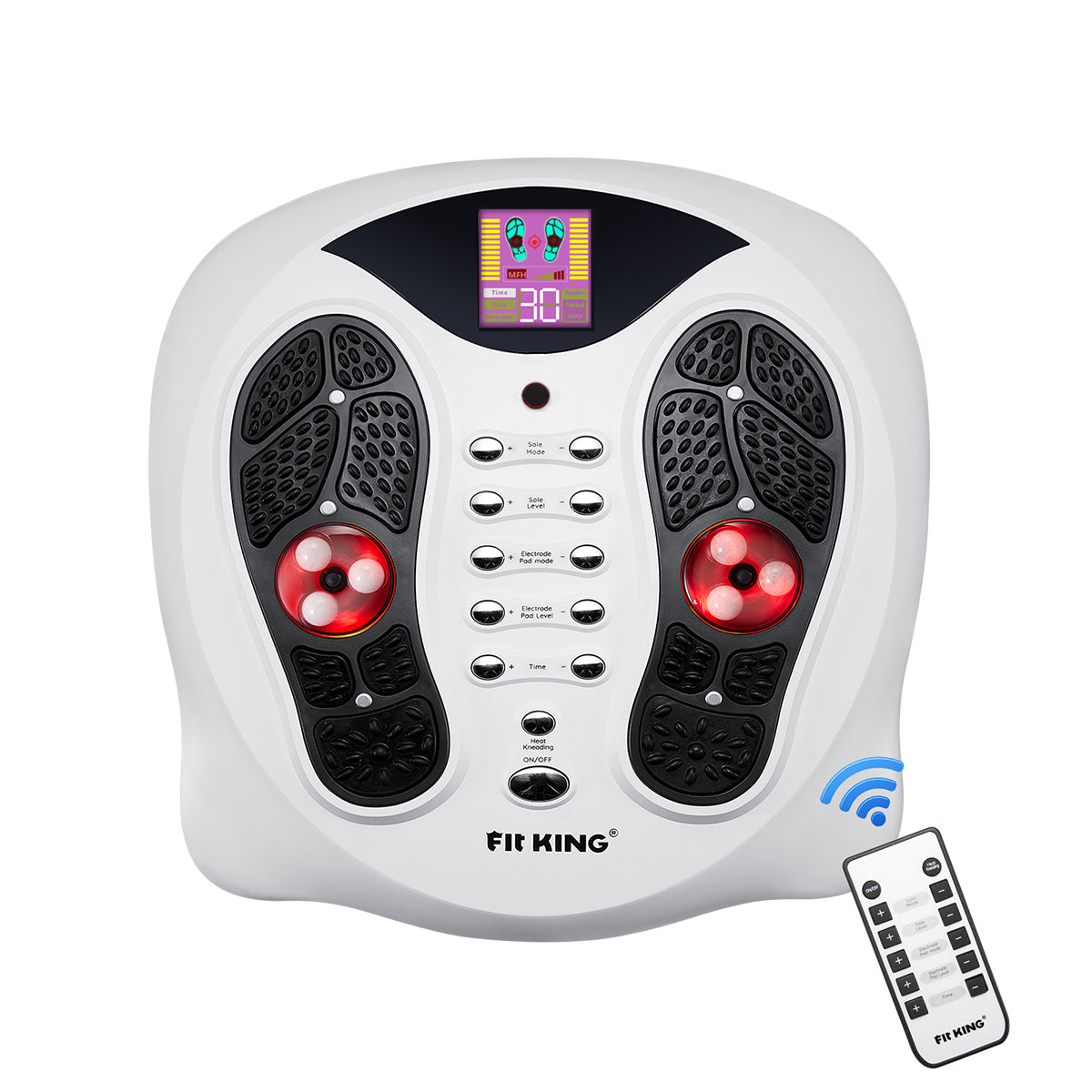







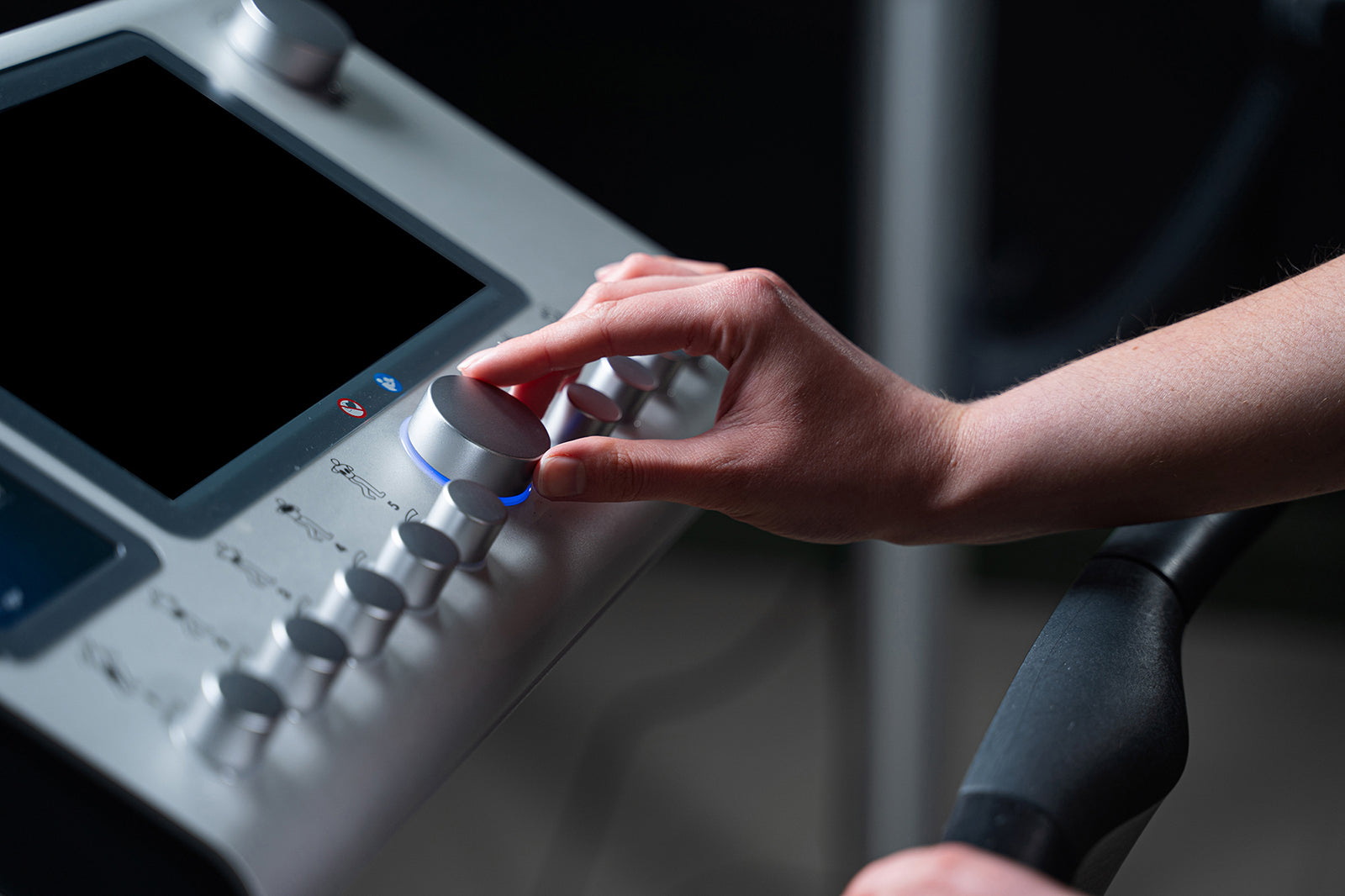
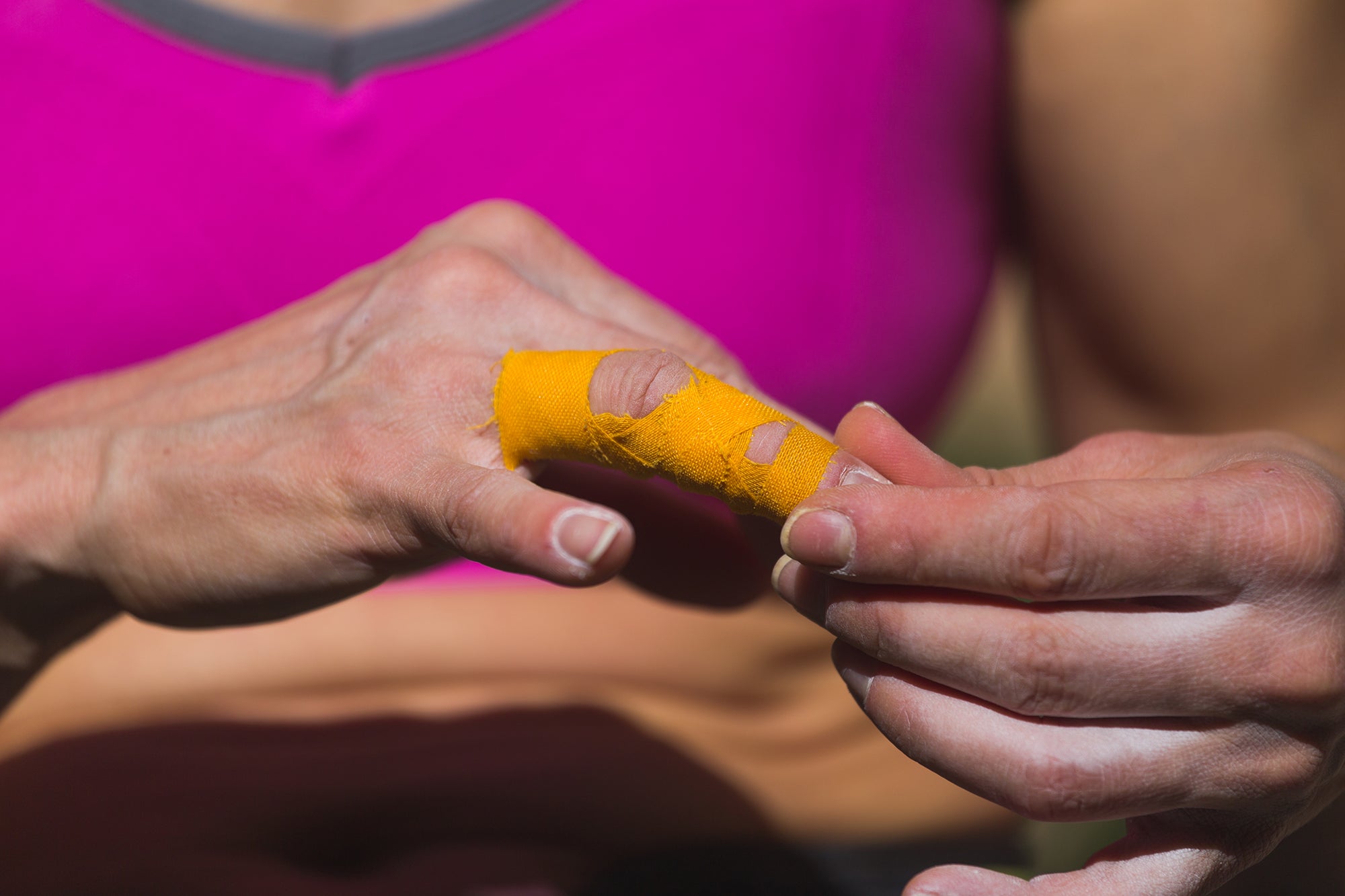
Leave a comment
This site is protected by hCaptcha and the hCaptcha Privacy Policy and Terms of Service apply.